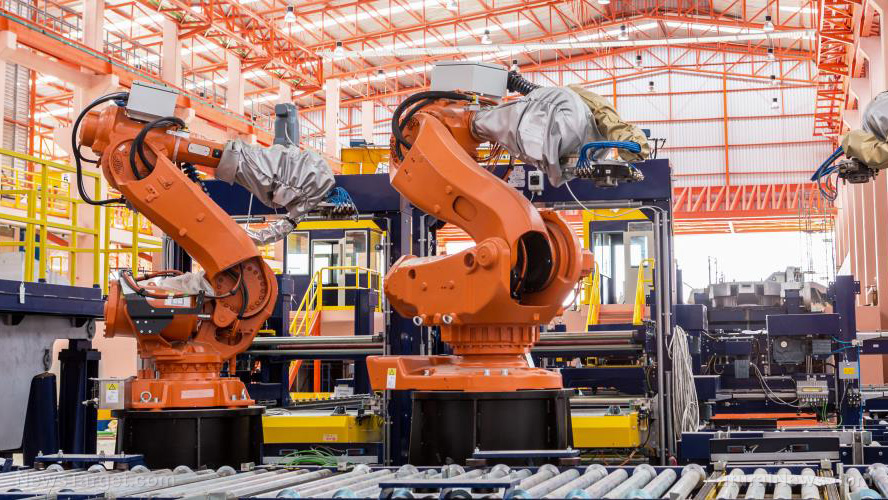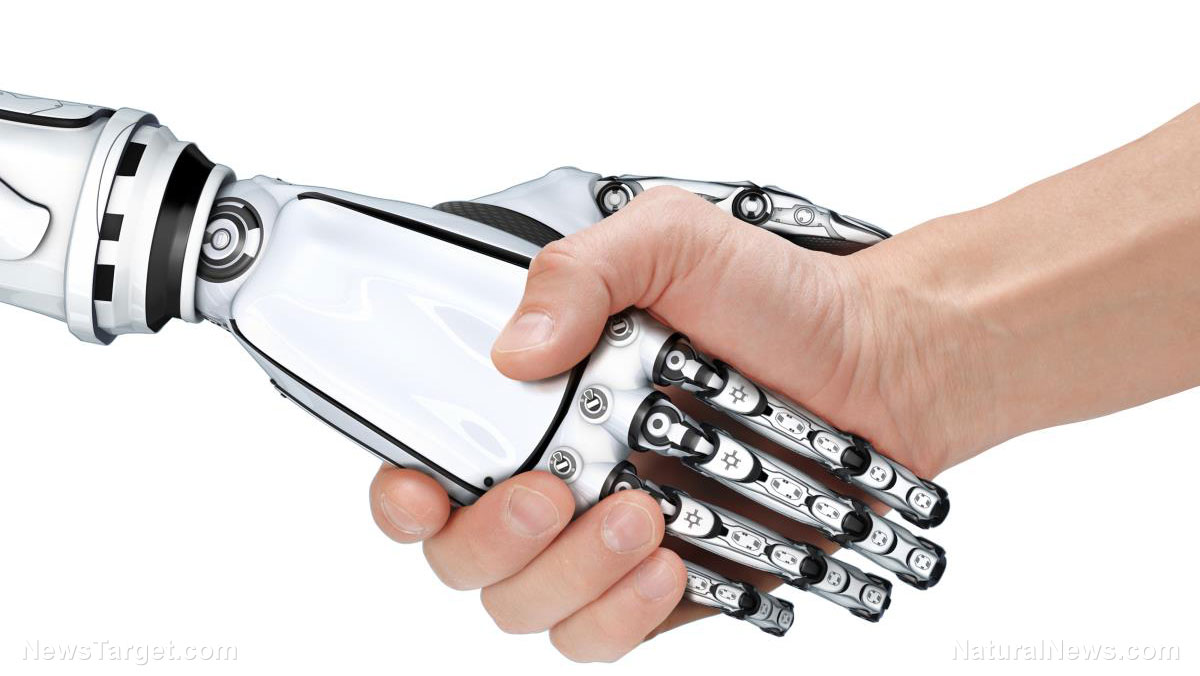
The widespread adoption of automation will drastically change the nature of jobs within the lifetimes of many workers. While there will still be jobs 20 years into the future, they may bear little resemblance to the work today.
The warning came from the Organisation for Economic Co-operation and Development (OECD). One of the largest international coalitions in the world, it took a close look at employment today and soon.
Its researchers found that technology will transform 50 percent of all jobs within the next 20 years.
The OECD estimated that 14 percent of jobs would become fully automated in as little as two decades. In these cases, human workers would outright lose their jobs as there would be no need for them.
Further, another 32 percent of jobs will become drastically different from their current iteration. If a modern-day worker got transported to the future, he might recognize the work by name but not by description. (Related: Being defeated by A.I. makes people feel “horrible,” reveals study.)
International coalition says future jobs will require more training and ITC skills
Due to the fast and inexorable way advancing technology will transform jobs or even eliminate them, the OECD brought up a penetrating question: Is humankind ready for the redefinition of "jobs" and "work"?
“The OECD Employment Outlook does not envisage a jobless future,” remarked Angel Gurria, the Secretary General of the organization. “But it does foresee major challenges for the future of work.”
Even as technology altered jobs or got rid of them entirely, the OECD said that the transition would not automatically reduce the total job numbers around the world. In the short term, its analysts believed that automation might create new jobs associated with the tech.
However, the organization identified the main hurdle as helping current workers get the training and knowledge they need to perform the new tasks required by those future jobs.
Around 60 percent of the adults in the world – be they workers, unemployed, or retired – lack any knowledge and training related to information and communications technology (ITC). In contrast, the last 20 years have witnessed a staggering increase of 25 percent in the number of jobs that required complex skills.
Even worse, many industries lost numerous workers over the decades. In the U.S. alone, the manufacturing industry lost 7.5 million workers from 1980 to 2018.
The combination of steeper skill requirements and diminishing numbers of skilled workers has led to a gap in training.
Older workers will need retraining – but do they also need the suggested stipend?
The OECD did not just look at the future requirements of jobs; it also investigated ways to help workers take up new careers after being displaced by robots and other technologies.
One of its recommendations was an adult training program. Older workers would receive the appropriate training to bring their skillset up to par with their more complicated jobs.
In addition to the ITC training, the OECD also proposed subsidies for workers. The idea is a spin on basic income guarantee, where the government provides income to all citizens, be they employed or unemployed.
Supporters claimed that reducing the financial burdens on workers would help the latter focus on retraining their skills. The subsidies would also reduce unrest caused by the loss of many jobs.
Opponents pointed out that providing welfare in the form of a stipend would cause people to lose interest in honest work altogether.
Meanwhile, the OECD continues to look for ways to reduce the effects of automation on workers.
“With the right policies, we can manage these challenges,” Gurria promised. “We face significant transformation, but we have the opportunity and the determination to use this moment and build a future of work that benefits everyone.”
To learn more about the risks of automation on human employment, visit Transhumanism.news.
Sources include:
Please contact us for more information.





















